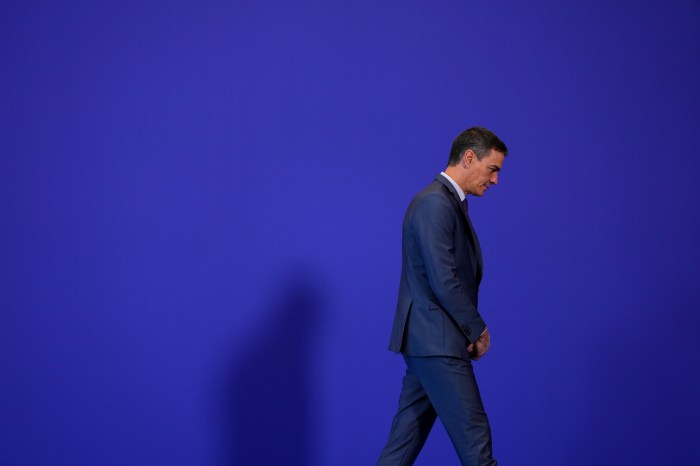Celebrated actor/director Kenneth Branagh is admired around the world for his bold silver screen presentations of literary classics.
From lavish mountings of Shakespeare — the Oscar-nominated Henry V and the epic Hamlet among them — to his hyperkinetic and unapologetically Gothic version of Mary Shelley’s Frankenstein to his update of Anthony Shaffer’s thriller Sleuth, Branagh has fashioned a reputation as the most notable and tireless purveyor of popular highbrow filmmaking since Orson Welles.
His latest effort, a re-staging of Mozart’s signature opera The Magic Flute (opening in limited release this Friday) is another attempt to bring culture to the mainstream, but with a twist.
Branagh’s The Magic Flute transposes the opera’s mythical setting to the bloody battlefields of WW1 and, with the help of British humorist Stephen Fry’s new libretto, alters the language from German to English.
But although the film — which was completed in 2006 and played that same year at both Cannes and the Toronto International Film Festival — is nothing short of breathtaking and cinematic, theatrical distribution has been spotty and the film has disappeared into the DVD abyss in Europe.
“It’s been a tough sell,” Branagh says. “People are finding it hard to categorize. But it hasn’t totally fallen through the cracks by any means and it has slowly developed a loyal audience around the world.”
The film is indeed a full throttle opera, perhaps the most widely loved in Mozart’s cannon, and is full to the bursting point with digitally tweaked visual and aural bravado.
But its wartime setting (the Queen of the Night makes her entrance riding a marauding tank and her three servants appear as bosomy trench nurses) is admittedly strange. And while some purists may have trouble embracing this unique revamp, the director stands by his vision.
“As was true of my Shakespeare films, nobody can ever point to me and say that’s the way to do it,” Branagh says.
“The history of The Magic Flute places it everywhere. I’ve seen it set on the moon, on the beach, in the ’60s. It’s the most elastic work of art and absolutely demands directorial interpretation.”

















